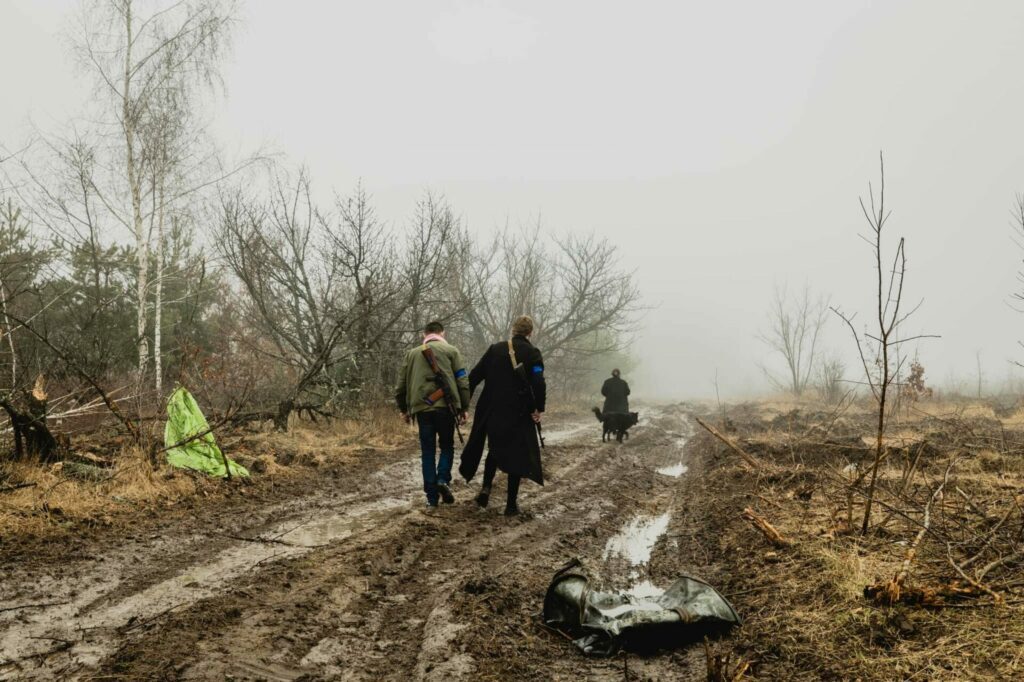Last week the Parliamentary Assembly of the Council of Europe (CoE) had adopted two decisions calling for the recognition of ecocide as a crime in international and national legislation.
In recommendation (2466), the assembly called on the member states to update their legal arsenal in order to criminalise and effectively prosecute ecocide and to establish domestic and/or regional solutions to provide relief to environmental refugees fleeing a military conflict.
The member states should also take concrete steps to propose amendment of the Rome Statute of the International Criminal Court in order to add ecocide as a new crime.
Resolution (2467) states that severe destruction or deterioration of nature that could be qualified as ecocide may occur in times of peace or war. The Assembly therefore strongly supports efforts to amend the Rome Statute of the International Criminal Court, so as to add ecocide as a new crime, and also to include it in national criminal legislation.
The decisions were adopted by an overwhelming majority with no objections by the present members of the assembly which includes parliamentarians from the national parliaments of the 46 member states of the CoE. Both decisions deal with the damage to environment in armed conflicts, such as Russia’s war against Ukraine.
International human rights and humanitarian law already impose substantive obligations on states involved in conflict to protect the environment. However, they are weak and new regulations should be put in place, explained rapporteur John Howell (UK, European Conservatives) who had drafted a report on environmental damage in armed conflicts.
The immediate context for the resolution was clear. Ukraine has suffered high levels of environmental damage in many forms over the last year due to Russian attacks, destroying forests, ruining agricultural fields and polluting rivers. His report also addresses the long-lasting environmental impacts of previous wars such as in Vietnam and Iraq.
As previously reported, an expert panel brought together by the Stop Ecocide Foundation proposed in June 2021 to amend the statutes of the International Criminal Court (ICC) and include ecocide alongside other international crimes such as war crimes, crimes against humanity and genocide.
A new article was proposed to be added to the statues of the ICC where ecocide is defined as follows:
“For the purpose of this Statute, "ecocide" means unlawful or wanton acts committed with knowledge that there is a substantial likelihood of severe and either widespread or long-term damage to the environment being caused by those acts.”
Since then, the idea of recognition of ecocide has gained support and traction, both internationally and in the EU, particularly in the European Parliament. In October 2022, the Parliament’s Committee on Environment, Public Health and Food Safety agreed on an opinion proposing amendments to the revised EU directive on the protection of the environment.
The European Commission has proposed stronger rules to improve Europe's air and water quality but it is still reluctant to include ecocide as an international crime in its own legislation on protecting the environment.
The European Commission President, Ursula von der Leyen, and a group of members of the College will carry out a special mission to Ukraine this week to meet its government. The meeting will focus on deepening sectoral cooperation and discussing the reform process in Ukraine towards joining the EU.
The Commission was supposed to finalise its assessment of Ukraine’s membership application by the end of last year but the report has been delayed, a senior Commission official said at a technical briefing on Tuesday. He did not address the issue of ecocide in Ukraine. “We have registered a reform momentum but there are still some things to do.”
M. Apelblat
The Brussels Times

